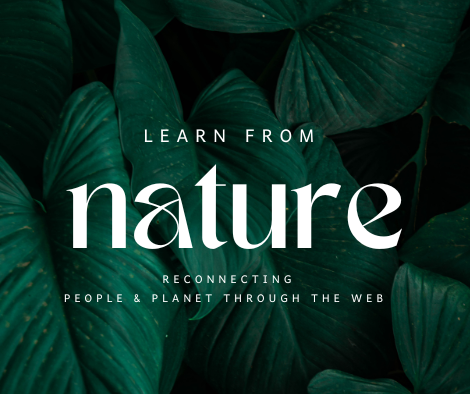As the COVID-19 pandemic continues to unfold, the future of Africa’s natural landscapes—and the communities that coexist with them—are hanging in the balance. Here’s how your safari plays a role in the larger conservation story.
My wife Anne and I were fortunate enough – after much planning – to be able in the mid 1990s, to go ‘on safari’ in East and central Africa – Kenya, Tanzania, Botswana, Namibia, Zambia, Zimbabwe.
In Botswana, getting up at 5am (yes, that very early morning) to drive endlessly… seemed contrary to logic. But then, at the very end, we saw them- 5 hunting dogs! AMAZING! These beautiful creatures are endangered by a range of issues.
Several wild dog populations, particularly those in West and Central Africa, face extinction. They require extensive home ranges, and face stiff competition from lions and hyenas in many protected areas. Elsewhere habitat fragmentation is contributing to the continued decline of their populations, fueled by persecution by livestock farmers and susceptible to disease outbreaks. There are fewer than 8000 which is an incredibly small number if you think about how HUGE and expansive AFRICA is!

There are a number of charities that work to protect the African Hunting Dog and of course need funds. These include Painted Dog Conservation / and Born Free Foundation

We went with a company called Guerba – now owned by Interpret Tours – which was an amazing and highly recommended activity. Cross-country, long distances, stunning landscapes, of course over time sighting the a range of African wildlife – elephant, zebra, lion, antelope, cheetah, African hunting dogs.
Of all our travels – we have been to western Europe, and briefly to the United States and Canada, the ‘African experience’ stuck with me.
Explains
Why Tourism Matters
Explains Jennifer Flowers
Travel and tourism make up more than 7 percent of the total economy in Africa, according to the World Travel & Tourism Council. International visitors alone brought in $61.3 billion in 2019, the main draw being Africa’s unparalleled wildlife experiences. The travel industry was also responsible for one in four new jobs over the past five years.
Yet even with these financial incentives, cash-strapped governments—overwhelmed by humanitarian issues on a continent that’s considered the last frontier of extreme poverty—often have trouble managing and funding their own parks. South Africa’s national park system is one of the most well-funded in Africa, but only a quarter of its budget comes from the government; the other 75 percent comes from park and private concession fees.
That’s where tourism dollars and donor funding step in.
Tourism creates work for people in rural areas where there are few income prospects, such as hospitality, park jobs, or produce and other supplies for camps. It often pays for park security. In Namibia, for example, tourism fees pay for the country’s 600 game wardens; in Zambia, those fees support 90 percent of the more than 1,000 scouts, all hired directly from the community.

